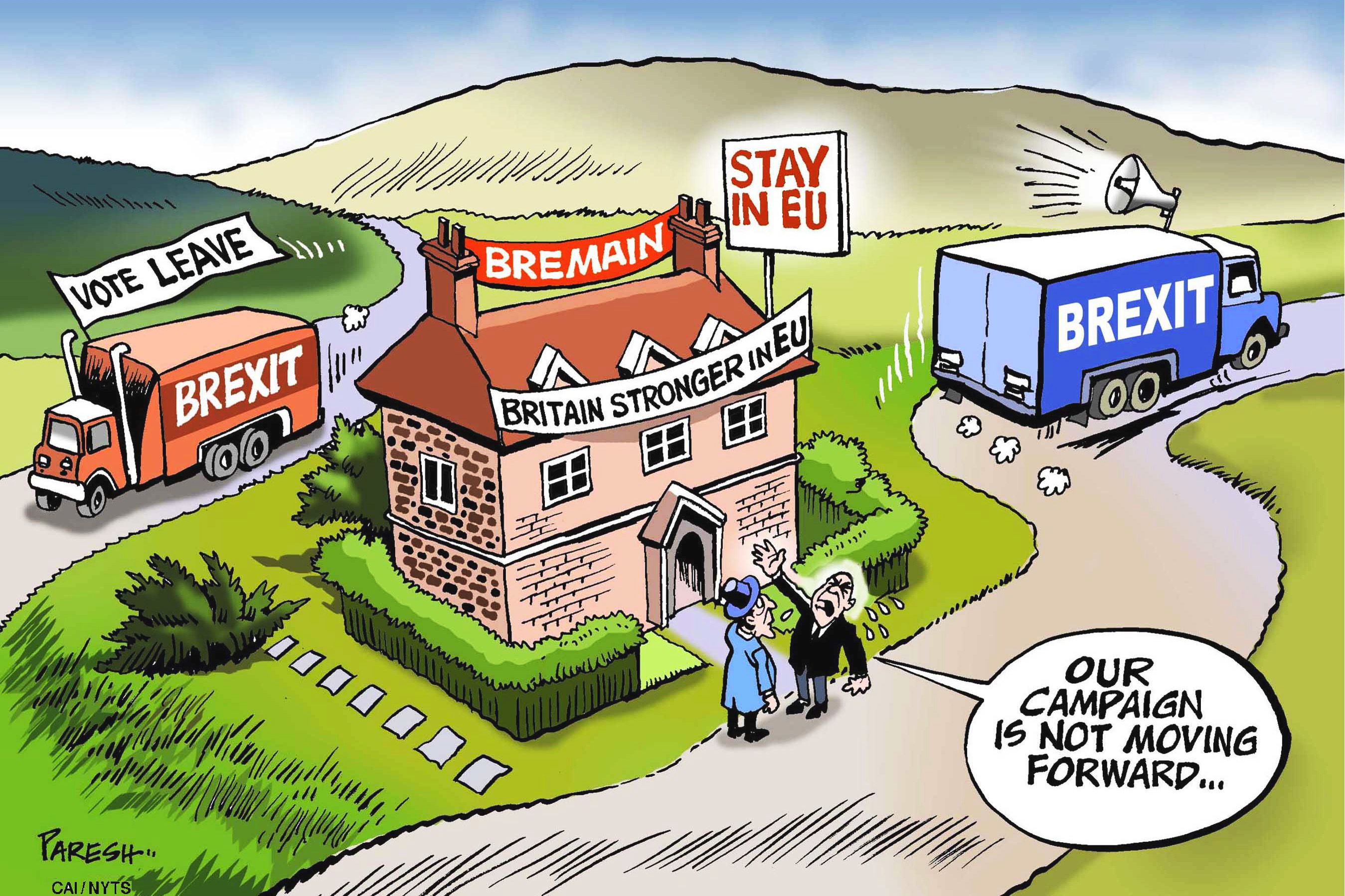In this, the 400th year since William Shakespeare's death, the United Kingdom faces an existential question: To be or not to be "European." When Britons vote in June on whether to remain in the European Union, making the right choice will require them to cut through the hyperbole on both sides of the debate and consider carefully what "Brexit" would really mean for their country.
The main issues that will shape the decision relate to trade relations, regulation and the budget; foreign policy and security; and domestic policies such as welfare and immigration. Then there are questions about the substantive and emotional benefits and baggage that attend EU membership, with all of its rules, regulations and bureaucrats. The choice is stark, but the questions at issue are not all black and white.
The U.K. is deeply connected by trade to the rest of the EU, which accounts for the largest share of Britain's total global exports and imports, each amounting to about 30 percent of British GDP. Brexit would therefore have significant consequences for trade flows not just between the U.K. and the EU, but also in the rest of the world. What those consequences would be depends on the terms and timing of new trade agreements.



